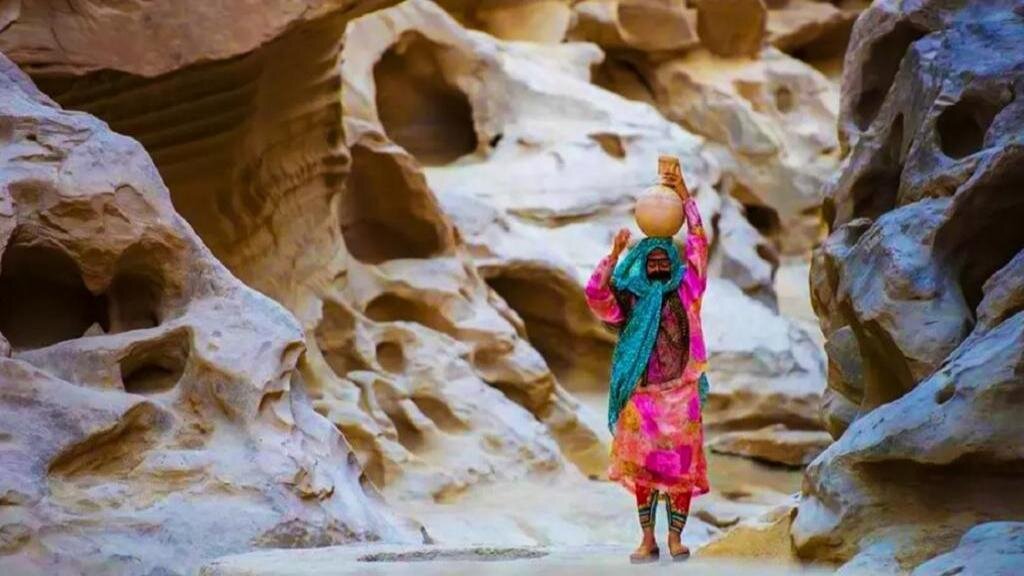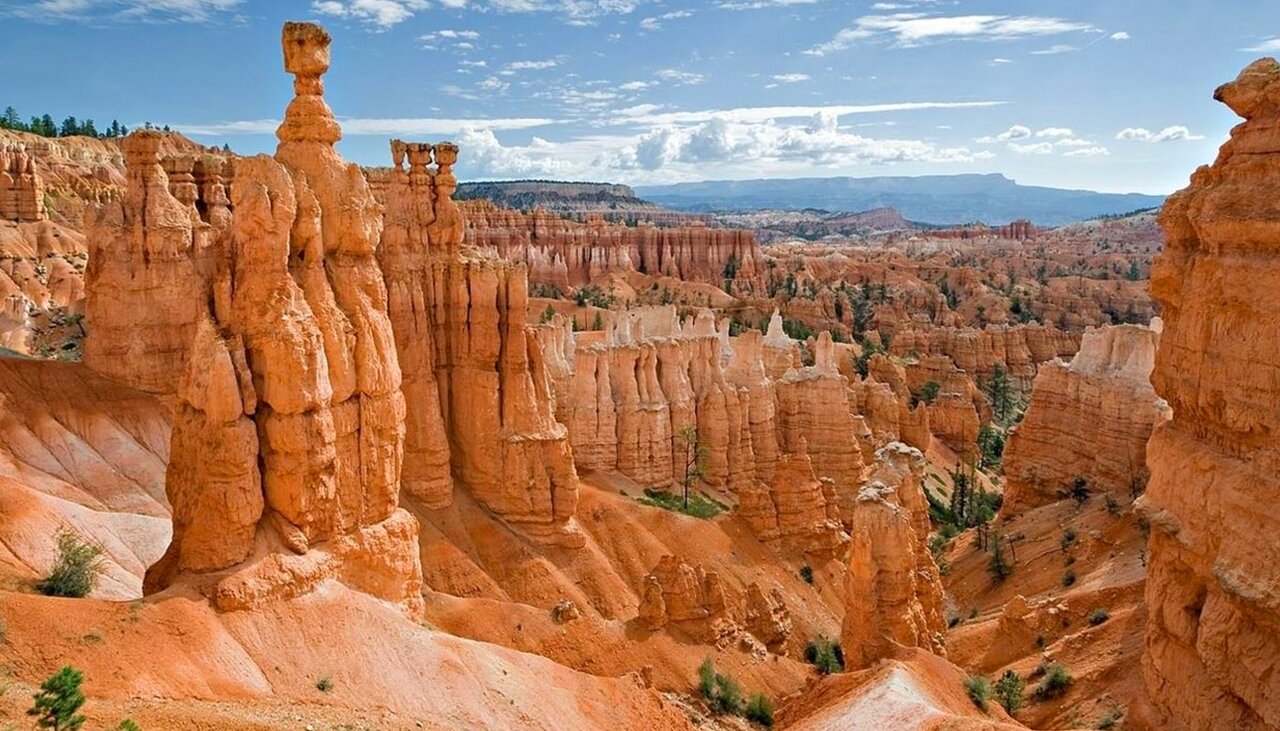Qeshm Island UNESCO Global Geopark prepared for reassessment

TEHRAN - In the coming months, a team of experienced UNESCO assessors will be arriving at the Qeshm Island UNESCO Global Geopark as part of the periodic evaluation of the UN body.
The routine assessment, which is estimated to take place between September and October, is intended to verify whether the geopark retains its prestigious status within the UNESCO Global Geoparks Network.
In that regard, Sajad Eshgarf, the director of the Qeshm Geopark, has expressed optimism and confidence based on extensive efforts made to keep up with the UN standards.
“We seek to demonstrate our commitment to the standards and values that define UNESCO Global Geoparks, and we are eager to highlight our advancements in community involvement, local knowledge promotion, and women's participation,” the official stated in a recent interview with ISNA.
Eshgarf noted that UNESCO Global Geoparks undergo reevaluation every four years to ensure compliance with UNESCO’s criteria.
These assessments are essential for renewing their place on the Global Geoparks Network list and receiving the coveted "green card" status, which affirms their continued recognition, he explained.

The Qeshm Island Geopark's last assessment, initially delayed due to COVID-19 restrictions, was conducted in 2022. The forthcoming evaluation marks a critical milestone as the geopark aims to maintain its status amid a growing number of geoparks worldwide.
The geopark first achieved its status in 2006, becoming the only recognized global geopark in Iran and West Asia at the time.
However, in 2012, it faced a setback when it was temporarily removed from the network due to challenges in meeting global standards. This setback, symbolized by receiving a "red card," was a wake-up call for the island's management.
Over the subsequent years, significant efforts were made to address these deficiencies. With a renewed focus on sustainable development, local engagement, and improved management practices, Qeshm Island successfully rejoined the UNESCO network in 2017.
Today, it stands as one of the most experienced and celebrated geoparks in West Asia and the Middle East, proudly displaying its "green card" status granted by the UNESCO High Council meeting held in Thailand in September 2022.
The Geopark is part of the huge mountain range of Zagros, which has been deformed and folded as the result of the last phase of the Alpine orogeny in the Plio-Pleistocene.
The geological formations of this mountain belt belong to the Late Precambrian to Cambrian (more than 480 million years old) and include salt diapirs attributed to the Precambrian period, called the Hormoz Series.
The island has abundant wildlife, including birds, reptiles, dolphins, and turtles. On Qeshm Island, zoogeographical areas of the Palearctic and Oriental, and phytogeographical areas of Afro-tropical, Oriental, and Eurasian, are meeting each other, which generates a huge variety of fauna and flora.
AM
Leave a Comment